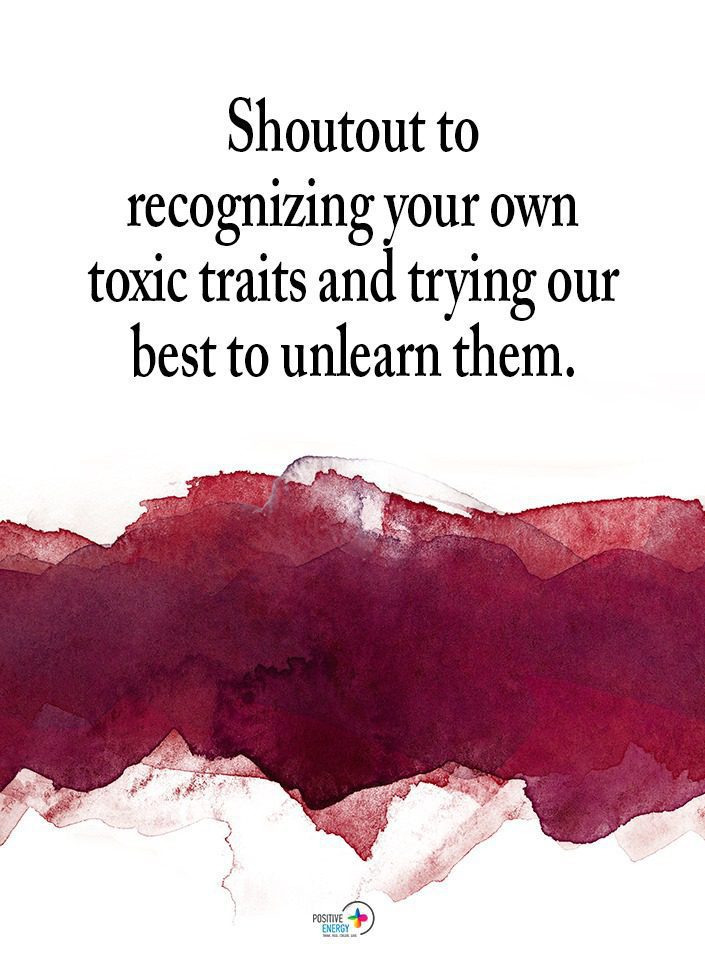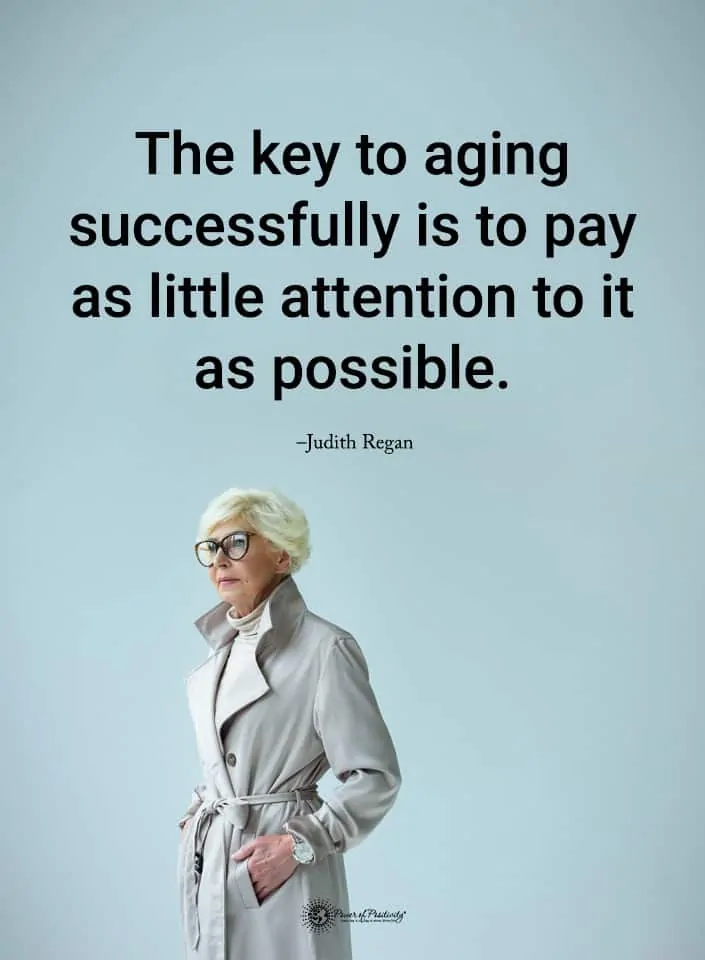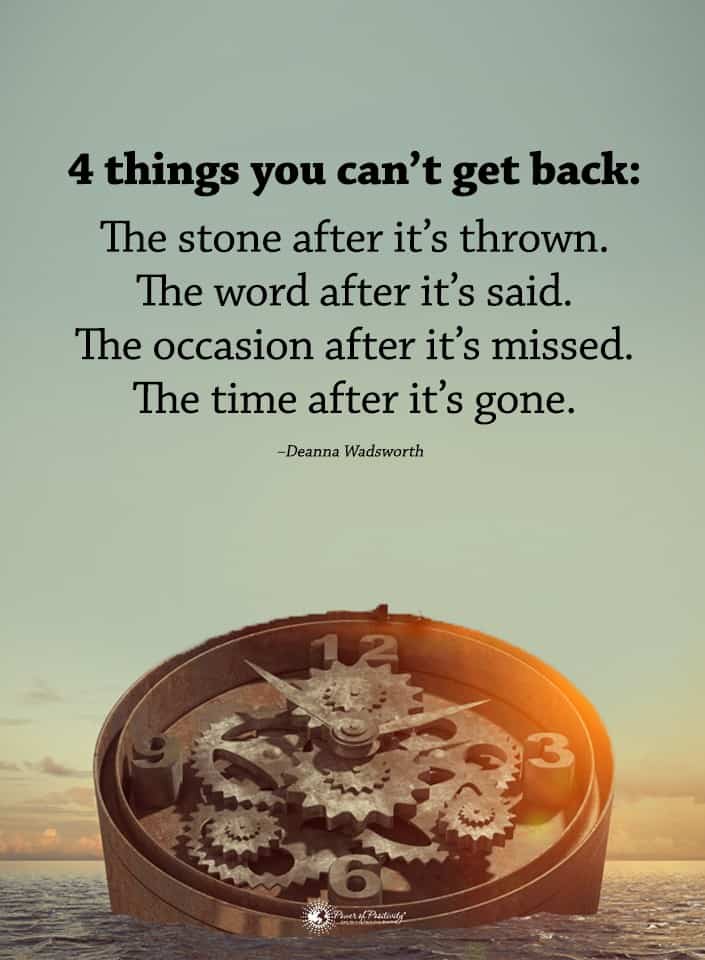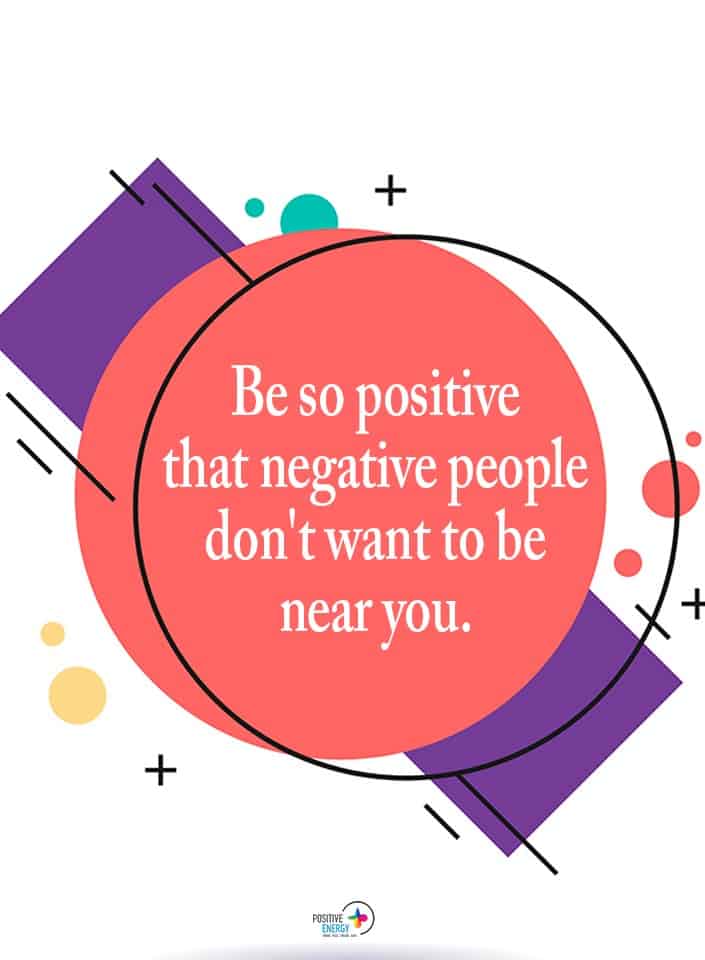Do you recall a situation where your emotional integrity was challenged during a relationship? These moments often occur when you least expect them, but they help to define your character. Sadly, there are times when being vulnerable and transparent can be quite costly to you, and it may end what you thought was a good thing.
Defining Emotional Integrity
Many people know that integrity has to do with your character and honesty, but this takes things one step further. It’s being brave enough to understand your feelings, desires, and aspirations without caring about the judgment of others. Simply put, it means being honest with yourself.
Did you know that many people wouldn’t dare tell a lie to a friend, but they lie to themselves every day? When you have this transparency in your life, you won’t compromise on your desires or beliefs to suit someone else. This honesty is so important in relationships, both romantic and platonic.
Standing Up for Yourself
Emotional integrity means that you must get to know yourself well. While you may feel that you are in touch with your inner being, frequently, you don’t understand yourself fully. You must take a journey of self-discovery and get to know the things that make you function happily.
You understand that your principles are essential to you, and you must stick by those convictions no matter what the rest of the crowd does. It’s challenging to stand up for what you believe in, especially when everyone else is pressuring you to do something else. For example, you go to dinner with some friends after work.
Everyone orders an alcoholic drink but you, making you feel like the odd person out. Your coworkers call out your choice of beverage and try to persuade you to loosen up and try something with a bit of a kick. Still, you made a long vow never to touch alcohol, which is significant to you because you grew up with an alcoholic father.

You never want to compromise your beliefs and risk becoming what you hated growing up. After much taunting and teasing about your soda, you get firm and let them know you’re not going to drink. Your coworkers weren’t showing or respecting your boundaries, and saying things to make you feel less is nothing but bullying.
Thankfully, you did show honor to yourself, as you held to your values regardless of what the rest of the crowd was doing. Society needs to learn how to establish emotional integrity. Whether the relationships are personal or professional doesn’t matter. Truthfulness is essential.
This is one of the reasons why so many people are afraid to get help when they have a mental health condition like depression or anxiety. They fear that people will judge them if they’re truthful about their illness. So, these folks would rather suffer than get the help they need.
According to the Anxiety and Depression Association of America, over 40 million people suffer from these conditions. However, only about 36 percent of those folks seek treatment. This means four percent of the population is struggling and refusing to get help.
Folks should never be afraid to address their emotions or be honest about their feelings simply because they think others will judge them or turn their backs. If you have a mental health need that goes untreated because you fear judgment, you might not get your desperately needed help.
Reasons Why Emotional Integrity is So Important
The foundational building blocks of any relationship are honesty and good communication. You must trust one another and communicate and talk about everything. Beyond the basic things like being honest, here are some reasons this emotional transparency is essential in your relationships.
1. You Don’t Need to Hide Your True Feelings
If you walk on eggshells in a relationship, then you’re not free to express yourself. If you’re sad, hurt, mad, angry, or feel depressed, you should be able to communicate this with your partner. Even in platonic relationships, you must be free to discuss things that bother you.
You will have issues when you hide things and aren’t transparent with one another. The wife who feels neglected and like she’s not essential will one day be the person who takes a stand and walks away. Expressing your feelings is vital for your connection with your partner.
2. You Consider the Wants and Needs of Each Other
Carol wants a new car. She’s tired of putting money into her old clunker that always breaks down. She talks to her husband Tom time and again about the issues. But he always puts her off and says they can’t afford it.
Carol is frustrated and doesn’t think Tom considers the dangers of sitting along the freeway against the cost of a new car payment. After her words fell on deaf ears, she went and traded the car without him knowing. She had all she could take of that car and sitting by the road, so she took matters into her own hands.
Tom was furious and didn’t speak to her for two weeks. In this example, Tom ignores the desperate cries of his wife. He refused to face the fact that they needed a new vehicle.
This vehicle wasn’t a luxury purchase, as it was necessary to get her to work. Plus, it was dangerous for her and the children to sit alongside the road, which happened many times. So, Carol handled it and caused a massive rift between them.
When you ignore one another and don’t take the other person’s needs seriously, it can push your partner to step out of their comfort zone and do what they feel they must. If Tom had emotional integrity, he would have put the safety needs above that of finances, and he would make cuts to make sure the family had what they needed.
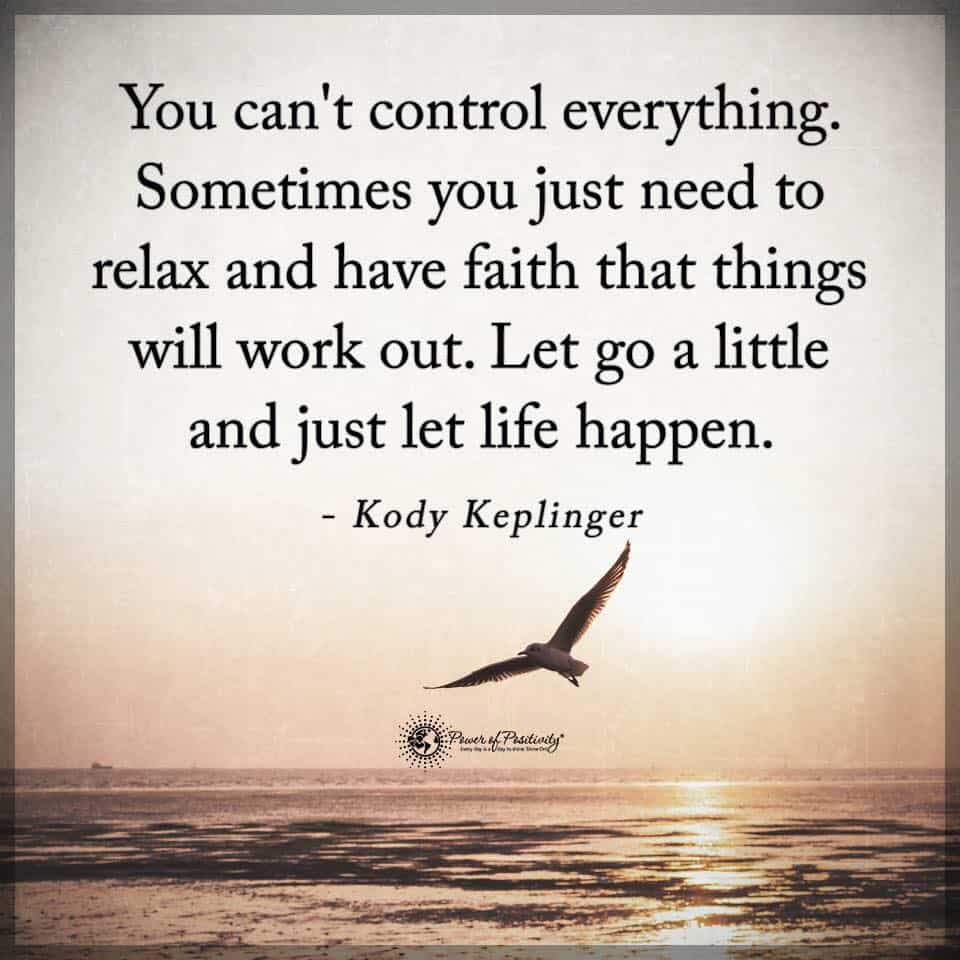
3. You Can Be Forthright with Your Mistakes or Weaknesses
No one has a perfect past. Of course, there are many things that you’ve done in your life that you’re not proud of. However, when you have emotional integrity, you’re strong enough to admit these flaws and share them. Just because you have integrity doesn’t mean you must broadcast your whole life to everyone you know.
However, it becomes essential when you’re in a committed relationship or being transparent with past transgressions with a prospective employer. You can have all the optimism in the world, but if you’re not honest in a relationship, you’re just waiting for them to find something that could end it all.
4. You Have an Optimistic Future
Most folks become a couple with the hopes of making it for eternity. However, the statistics of people in divorce court are staggering. While you’ve probably heard that about 50 percent end in divorce, the current US Census found the number is around 40 percent.
Part of the reason people go their separate ways is that they grow apart. There are many reasons why people drift away from each other. It also often results from an old rift. Arguments happen for the smallest of reasons, but what happens during these times of struggle counts.
Retreating into a shell and shutting the world off might work for a turtle. But that doesn’t work so well for a human being. When your relationship has optimism and a firm foundation of trust for one another, it can make it through the most challenging times.
5. You Can Be Yourself
Why do so many people lie to try to impress others? If you don’t think that people exaggerate their assets or inflate their worth, check out an online dating site. According to a study by Online Dating Pros, one in ten dating profiles is fake.
This means that the person is a catfish scammer or has lied significantly on their profile. One of the most significant issues with this type of dating is that people use old photos of their previous glory days, which look nothing like them now. However, you learn that you can be yourself when you have emotional integrity.
If someone doesn’t like you for who you are, they’re not worth wasting your time. The right person will love everything about you, even those little quirks that tend to drive others mad. Integrity is about being honest with everyone else and yourself, and it’s a beautiful feeling to walk in truthfulness.

Final Thoughts on the Importance of Emotional Integrity in Life
There’s no better feeling than knowing that you’re okay with yourself and those around you. Emotional integrity is reaching a level of personal achievement that helps you with discipline and emotional strength. People who master this skill learn to control their emotions. But that doesn’t mean they don’t have overwhelming feelings at times.
Sure, you’ll get mad, tired, angry, sad, and feel like running away at times, but you master good coping skills to keep yourself on an even kilter. These folks have good communication, and the value you as much as they value themselves. A person with integrity, both emotional and otherwise, is an individual you should strive to be.


